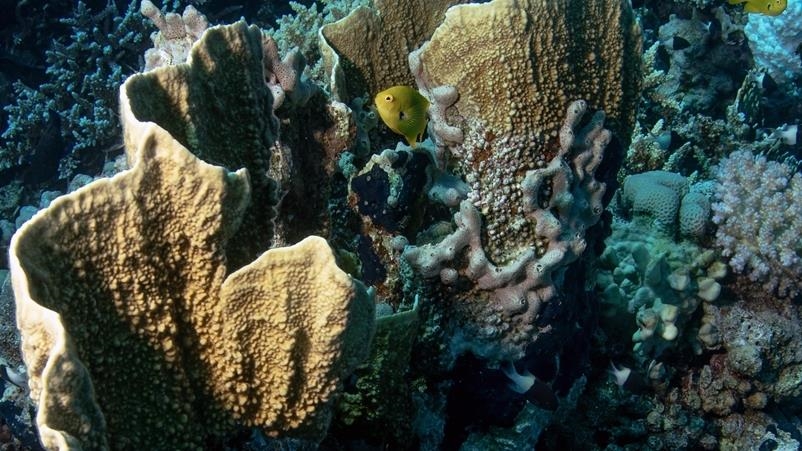Climate change hits Australia's coral reefs hard
Australian research team observes largest annual decline in hard coral cover in 39 years

ISTANBUL
Australia’s Great Barrier Reef has experienced the largest annual decline in coral community due to climate change, according to a study by the Australian Institute of Marine Science (AIMS) on Wednesday.
The study showed that the Great Barrier Reef has suffered its steepest annual decline in coral cover in two of the three regions observed in 39 years.
It said that the decrease in the coral mortality was predominantly driven by climate change-induced extreme heat conditions.
“This year Western Australian reefs also experienced the worst heat stress on record. It's the first time we've seen a single bleaching event affect almost all the coral reefs in Australia,” AIMS CEO Selina Stead stressed.
Warning about the intensity of mass bleaching throughout the years, Stead added: “This was the second time in a decade that the Reef experienced mass bleaching in two consecutive years.”
“These results provide strong evidence that ocean warming, caused by climate change, continues to drive substantial and rapid impacts to Reef coral communities,” she noted.
Stead also underlined the future of coral reefs’ dependence on the reduction of strong greenhouse gas emissions, local and regional pressure management, and developing approaches to help reefs adapt to the impacts of climate change.
Anadolu Agency website contains only a portion of the news stories offered to subscribers in the AA News Broadcasting System (HAS), and in summarized form. Please contact us for subscription options.







